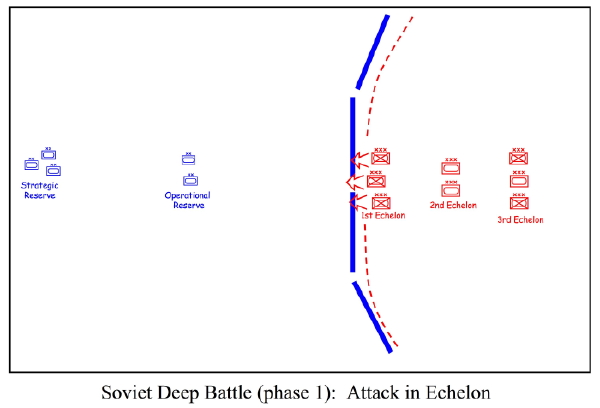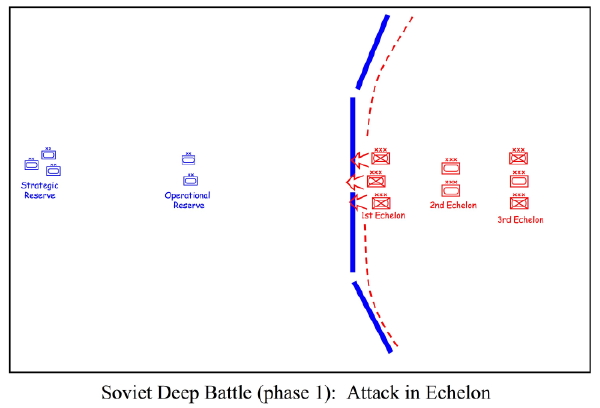- Joined
- Mar 1, 2019
- Messages
- 5,377
- Reaction score
- 2,453
- Gender
- Male
- Political Leaning
- Independent
Another example would be the Russians in WWII. They threw away millions of lives. The North Vietnamese and Viet Cong took obscene numbers of casualties in the Vietnam War as well.Compared to other offensives allies did take heavy casualties relative to the number sent in. The overall death amount was around 4400 and the casualty amount is between 50-80k(military counts injuries as casualties not just deaths).
However the top brass then figured up to a 75% death count possible storming those beaches, so the planners knew the death toll could be sky high and determined a possible sky high death toll was worth it for the overall war effort.
Also one can look outside ww2 towards the korean war, where there is no solid number of chinese deaths, but estimates range from 180k-800k deaths in a short period of time, the korean war shown the chinese did not care about death counts and would use their own population as disposable human shields, that is another example where heavy losses might not deter an enemy.
In all these cases it seems to me to be a matter of resources. If your most abundant resource is people, that is what you throw at the problem. With the weaponry the US possesses they would not have to resort to this.


